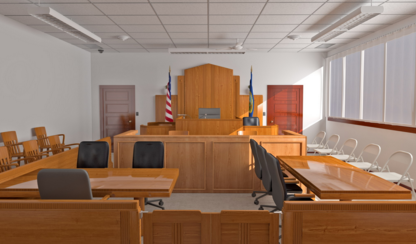
The average person sometimes does not understand the legal consequences of their actions. To deal with that, the law has several “built-in” procedures to protect the average citizen from making mistakes of serious legal consequence.
For example, many of us are familiar with Miranda, a famous Supreme Court decision which said that a criminal defendant must be informed that, among other things, anything that he or she says can, and (likely) will, be used against him or her in a court of law. If the defendant speaks after being read the Miranda rights, he or she faces a serious risk of self-incrimination.
Although Miranda is the most well-known, there are other situations where a court must advise you of your legal risks. One is when a person decides to represent themselves in court – commonly known as proceeding pro se.
In the recent Appeals Court case of New Jersey Division of Child Protection and Permanency v Q.W., a court said that at minimum, in a fact-finding proceeding, a self-represented litigant must be advised by the court of:
(1) the nature of the charges in the family court complaint, and the potential consequences if the Division proves those charges;
(2) the necessity that a defendant comply with the rules of family and civil practice and the rules of evidence;
(3) the fact that lack of knowledge of the law may impair defendant’s ability to defend himself or herself;
(4) the impact that the dual role of counsel and defendant may have;
(5) the reality that it would be unwise not to accept the assistance of counsel; and
(6) the fact that, if defendant proceeds pro se, he or she will be unable to assert an ineffective assistance of counsel claim
What’s more — a failure of the court to advise of these risks may invalidate an entire legal proceeding or court order. So if you proceeded pro se and had an unfavorable outcome, you may be able to overturn it if you were not advised of these risks before you chose to proceed pro se.
But it’s important to note that just because you were not informed of these risks in advance, it does not mean that you can automatically have your case or proceeding overturned. According to this decision, the case (or portion of the case) will only be overturned if it was, at minimum, a fact-finding proceeding. You should at least talk to a lawyer before going to court to represent yourself.
John Kundrat is a graduate of Rutgers Law School, who received a BA from Fordham University and researched and wrote this blog.

